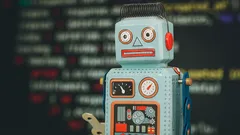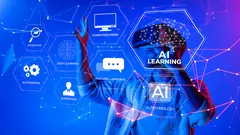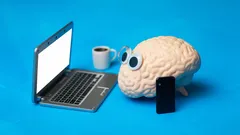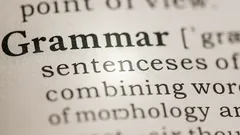183
10
4 minutes
Suggested Articles

AI myths debunked: The real magic behind artificial intelligence revealed
Discover the real story behind artificial intelligence, from myths about sentience to the true breakthroughs shaping our future. Learn what AI can and cannot do, and where it’s heading next.

Meta AI transforms private chats with smart assistant features on social apps
AI & Everyday Tech

Unlock Your Productivity and Privacy With a Local AI Assistant on Your PC
AI & Everyday Tech

AI coding assistants like Copilot and ChatGPT are transforming developer workflows
AI & Everyday Tech

The Simple ChatGPT Prompt That Instantly Boosts AI Accuracy and Trust
AI & Everyday Tech

How AI and Micro-Credentials Are Reshaping Future Careers in Tech
AI & Everyday Tech

Generalist AI is revolutionizing daily life and powering a new tech era
AI & Everyday Tech

AI Is Revolutionizing Creative Careers—Here’s How Americans Are Thriving
AI & Everyday Tech

WhatsApp adds AI message summaries to conquer chat overload
Smartphones & Apps

AI Spell Checkers Are Quietly Revolutionizing How We Write Every Day
AI & Everyday Tech

Playing video games together strengthens relationships and sparks real connection
AI & Everyday Tech

US crypto pioneers transform bold risk into life-changing fortunes
AI & Everyday Tech

Tech leaders embrace waste-to-carbon solutions as Microsoft bets big on green AI
AI & Everyday Tech

Travelers and campers embrace portable backpack laundry tech for freedom and clean clothes anywhere
Gadgets & Reviews

Sleep experts champion a smart anti-snoring belt for restful nights and healthier mornings
Gadgets & Reviews

Drivers use Google Maps and Waze to avoid fines but risk safety trade-offs
AI & Everyday Tech

App lovers seize this week’s best free premium downloads before time runs out
Smartphones & Apps
 W3 CodeCraft
W3 CodeCraft

Comments